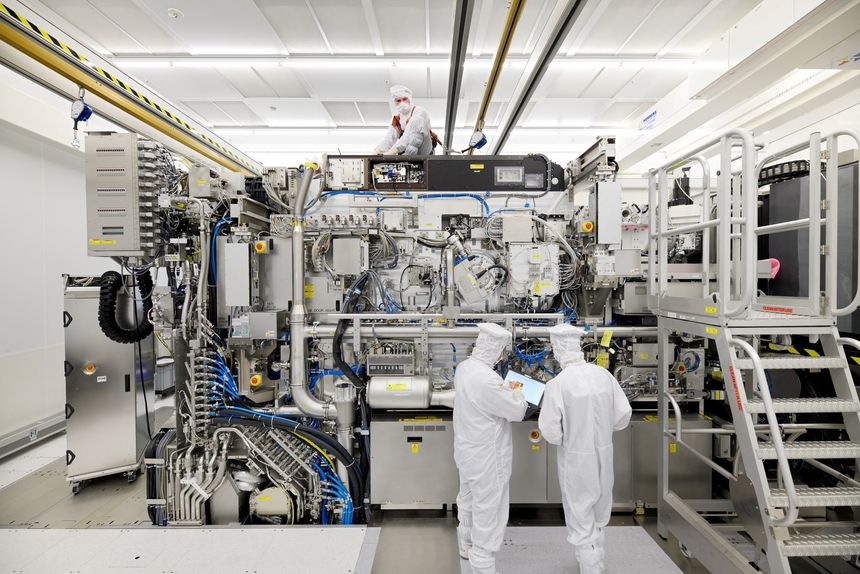Following years of lobbying from Washington, Japan and the Netherlands agreed on Friday to tighten restrictions on the export of chip manufacturing technology to Chinese companies. News of the agreement was reported by Bloomberg, the Financial Times, and The New York Times.
The controls are designed to limit China’s ability to ramp up its own domestic chip production and come after the Biden administration announced similar restrictions in October 2022. The fear is that easier access to advanced semiconductors will allow China to shore up its military and artificial intelligence capabilities.
There aren’t any plans for a public announcement about the agreement, and it may take “months” for Japan and the Netherlands to “finalize legal arrangements,” according to Bloomberg.
“This is such a sensitive topic that the Dutch government chooses to communicate diligently, and that means that we only communicate in a very limited way,” Netherlands Prime Minister Mark Rutte said during a press conference on Friday when asked about the deal.
ASML is the most critical company affected by the Netherlands’ restrictions. It’s the only company in the world that produces so-called ultraviolet lithography machines, which are critical to the production of advanced semiconductors. CNBC previously reported that the company was already unable to ship its advanced extreme ultraviolet lithography (EUV) machine to China but that it could still ship older deep ultraviolet lithography (DUV) machines.
“If they cannot get those machines, they will develop them themselves”
The new restrictions are expected to prevent the sale of “at least some” of these DUV machines, Bloomberg previously noted, which will further limit the ability of Chinese companies to produce advanced chips and set up production lines. ASML CEO Peter Wennink previously told CNBC that China accounted for around 15 percent of the company’s sales in 2022.
Wennink has said that any restrictions are unlikely to prevent China from building its own versions of the machines eventually. “If they cannot get those machines, they will develop them themselves,” Wennink told Bloomberg. “That will take time, but ultimately they will get there.”
On the Japanese side, the restrictions are expected to impact companies such as Nikon and Tokyo Electron.
As well as cutting off exports to China, the White House has used its influence to stimulate domestic chip production. President Joe Biden signed the $280 billion CHIPS and Science Act last August, which includes $52 billion in subsidies for semiconductor manufacturing. Intel, TSMC, and Samsung have all either announced or are actively building new semiconductor manufacturing facilities in the US.
Source: Media



























